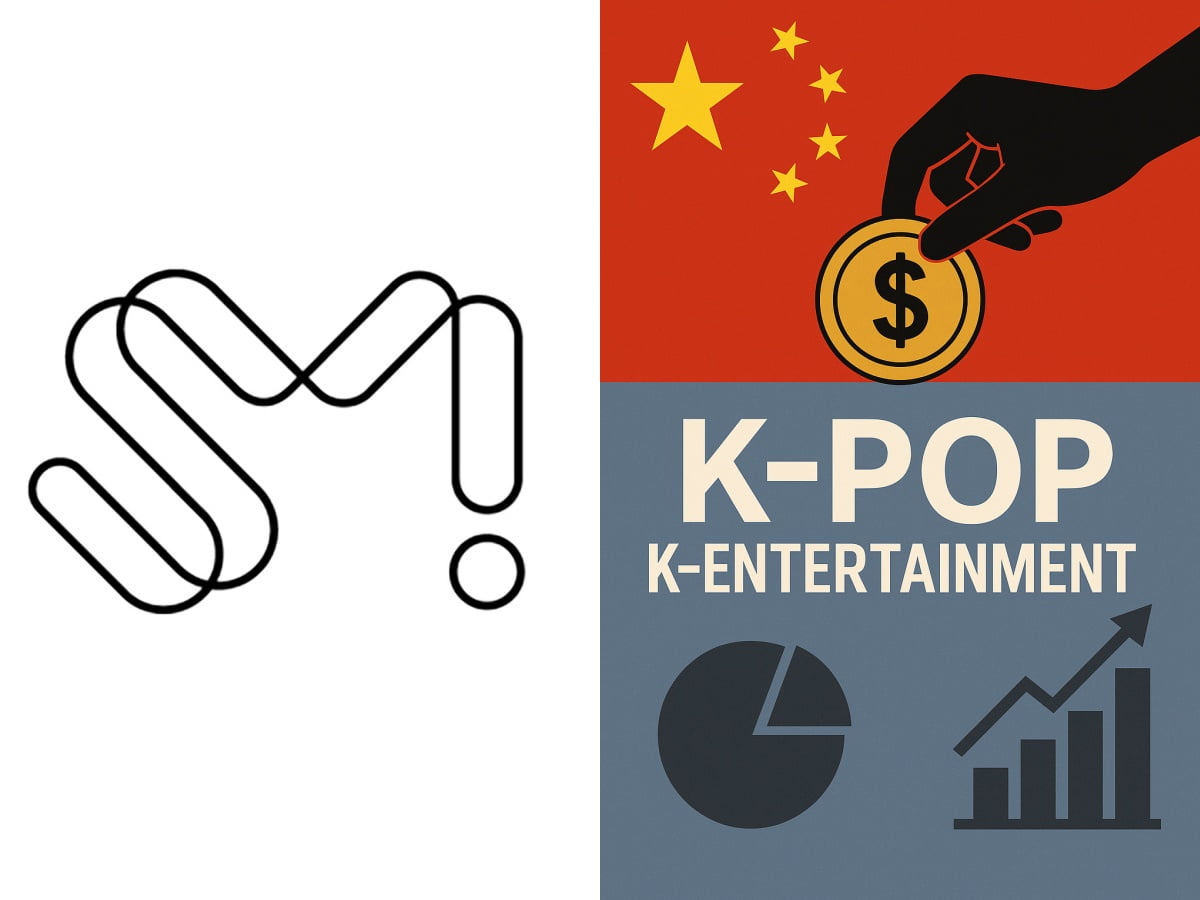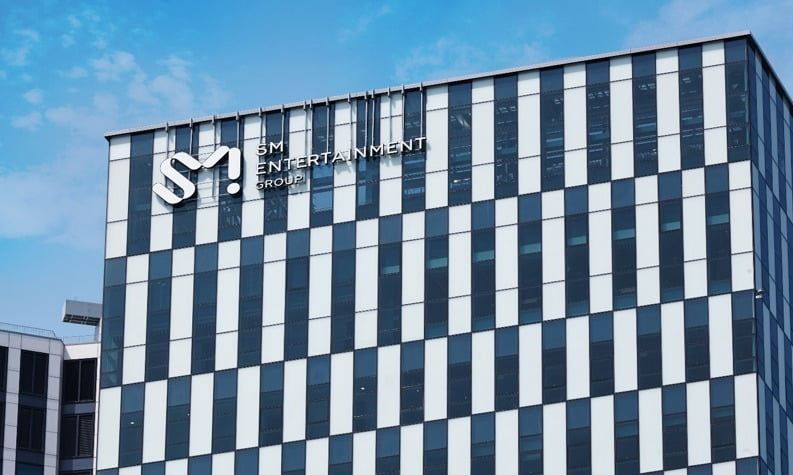ENTERTAINMENT
Rising Influence of Chinese Capital in South Korean Entertainment Industry Sparks Concerns


Lee Min-kyung from TenAsia sounds the alarm on the rapidly evolving entertainment industry, highlighting unseen issues and alerting to threats and changes surrounding the entertainment world.
The influence of Chinese capital in the South Korean entertainment industry is growing, raising concerns among some that this "invasion" could negatively impact the competitiveness of the domestic entertainment sector. Critics argue that Chinese investments may focus on short-term gains rather than long-term development, potentially damaging the brand value of 'K-Entertainment.'

Tencent Music Entertainment, known for its active investments in the South Korean entertainment industry, is seen as a key player. Industry insiders speculate that this investment might signal the lifting of China's 'Korean Wave' ban, which has been in place since 2016, suggesting that Tencent is aware of these developments.
Besides SM Entertainment, Tencent Music holds significant stakes in various South Korean entertainment companies. Tencent is the fourth-largest shareholder in SM Entertainment's largest shareholder, Kakao, with a 5.95% stake. It also holds a 4.61% stake in Kakao Entertainment and a 4.3% stake in YG Entertainment.
There are concerns about Tencent Music's growing influence in the domestic entertainment industry. Critics argue that the national identity of the K-pop industry could weaken, diminishing the 'K' branding effect and negatively impacting the image of K-Entertainment.

He further noted, "As Tencent Music expands its influence in the K-Entertainment industry, it could be detrimental from a management perspective. The brand value is at risk of being tarnished, as Tencent Music's image is not favorable in both the U.S. and domestically. Being a Chinese company, there are inherent risks concerning personal data, which appear to be significant."
Lee Min-kyung, TenAsia Reporter 2min_ror@tenasia.co.kr
